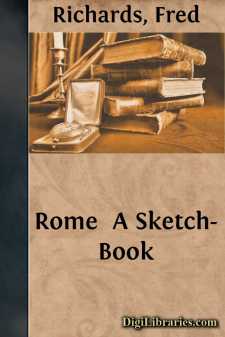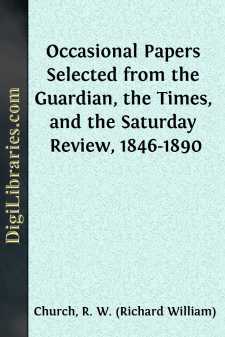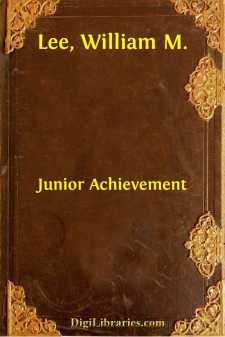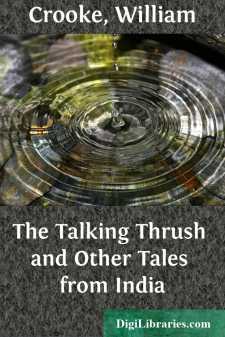Categories
- Antiques & Collectibles 13
- Architecture 36
- Art 48
- Bibles 22
- Biography & Autobiography 813
- Body, Mind & Spirit 142
- Business & Economics 28
- Children's Books 16
- Children's Fiction 13
- Computers 4
- Cooking 94
- Crafts & Hobbies 4
- Drama 346
- Education 46
- Family & Relationships 57
- Fiction 11829
- Games 19
- Gardening 17
- Health & Fitness 34
- History 1377
- House & Home 1
- Humor 147
- Juvenile Fiction 1873
- Juvenile Nonfiction 202
- Language Arts & Disciplines 88
- Law 16
- Literary Collections 686
- Literary Criticism 179
- Mathematics 13
- Medical 41
- Music 40
- Nature 179
- Non-Classifiable 1768
- Performing Arts 7
- Periodicals 1453
- Philosophy 64
- Photography 2
- Poetry 896
- Political Science 203
- Psychology 42
- Reference 154
- Religion 513
- Science 126
- Self-Help 84
- Social Science 81
- Sports & Recreation 34
- Study Aids 3
- Technology & Engineering 59
- Transportation 23
- Travel 463
- True Crime 29
Sort by:
by:
James Blish
On the day that the Polish freighter Ludmilla laid an egg in New York harbor, Abner Longmans ("One-Shot") Braun was in the city going about his normal business, which was making another million dollars. As we found out later, almost nothing else was normal about that particular week end for Braun. For one thing, he had brought his family with him—a complete departure from routine—reflecting...
more...
Chapter I TURNING FROM THE CITY TO THE COUNTRY America was founded on the rock base of agriculture. The early settlers tilled the soil and derived from it the simple things that they needed. Necessity compelled them to be self-reliant, courageous and resourceful. The establishment of a home in early days meant the clearing of land, the erection of a house for human habitation and the building of...
more...
by:
Edward Bellamy
The happiness of some lives is distributed pretty evenly over the whole stretch from the cradle to the grave, while that of others comes all at once, glorifying some particular epoch and leaving the rest in shadow. During one, five, or ten blithe years, as the case may be, all the springs of life send up sweet waters; joy is in the very air we breathe; happiness seems our native element. During this...
more...
I MR. GLADSTONE ON THE ROYAL SUPREMACY[1] [1] Remarks on the Royal Supremacy, as it is Defined by Reason, History, and the Constitution. A Letter to the Lord Bishop of London, by the Right Hon. W.E. Gladstone, M.P. for the University of Oxford. Guardian, 10th July 1850. Mr. Gladstone has not disappointed the confidence of those who have believed of him that when great occasions...
more...
by:
William M. Lee
"What would you think," I asked Marjorie over supper, "if I should undertake to lead a junior achievement group this summer?" She pondered it while she went to the kitchen to bring in the dessert. It was dried apricot pie, and very tasty, I might add. "Why, Donald," she said, "it could be quite interesting, if I understand what a junior achievement group is. What gave you...
more...
by:
William Crooke
The Talking Thrush CERTAIN man had a garden, and in his garden he sowed cotton seeds. By-and-by the cotton seeds grew up into a cotton bush, with big brown pods upon it. These pods burst open when they are ripe; and you can see the fluffy white cotton bulging all white out of the pods. There was a Thrush in this garden, and the Thrush thought within herself how nice and soft the cotton looked. She...
more...
CHAPTER I MY BOYHOOD AND COLLEGE LIFE Washington Irving has somewhere said that it is a happy thing to have been born near some noble mountain or attractive river or lake, which should be a landmark through all the journey of life, and to which we could tether our memory. I have always been thankful that the place of my nativity was the beautiful village of Aurora, on the shores of the Cayuga Lake in...
more...
by:
Various
aval battles of the civil war have an immense importance, because they mark the line of cleavage between naval warfare under the old and naval warfare under the new conditions. From the days of the defeat of the Spanish Armada, for two centuries and a half, the fighting at sea was carried on in ships of substantially the same character—wooden sailing ships, carrying many guns mounted in broadside....
more...
Chapter I. The Old Homestead. Come gentle reader, let us entwine arms with Memory, and wander back through the avenues of life to childhood's sunny dell, and as we return more leisurely pluck the wild flowers that grow beside the pathway, and entwine them for Memory's garland, and inhale the fragrance of by-gone years. O, there are rich treasures garnered up in Memory's secret chambers,...
more...











